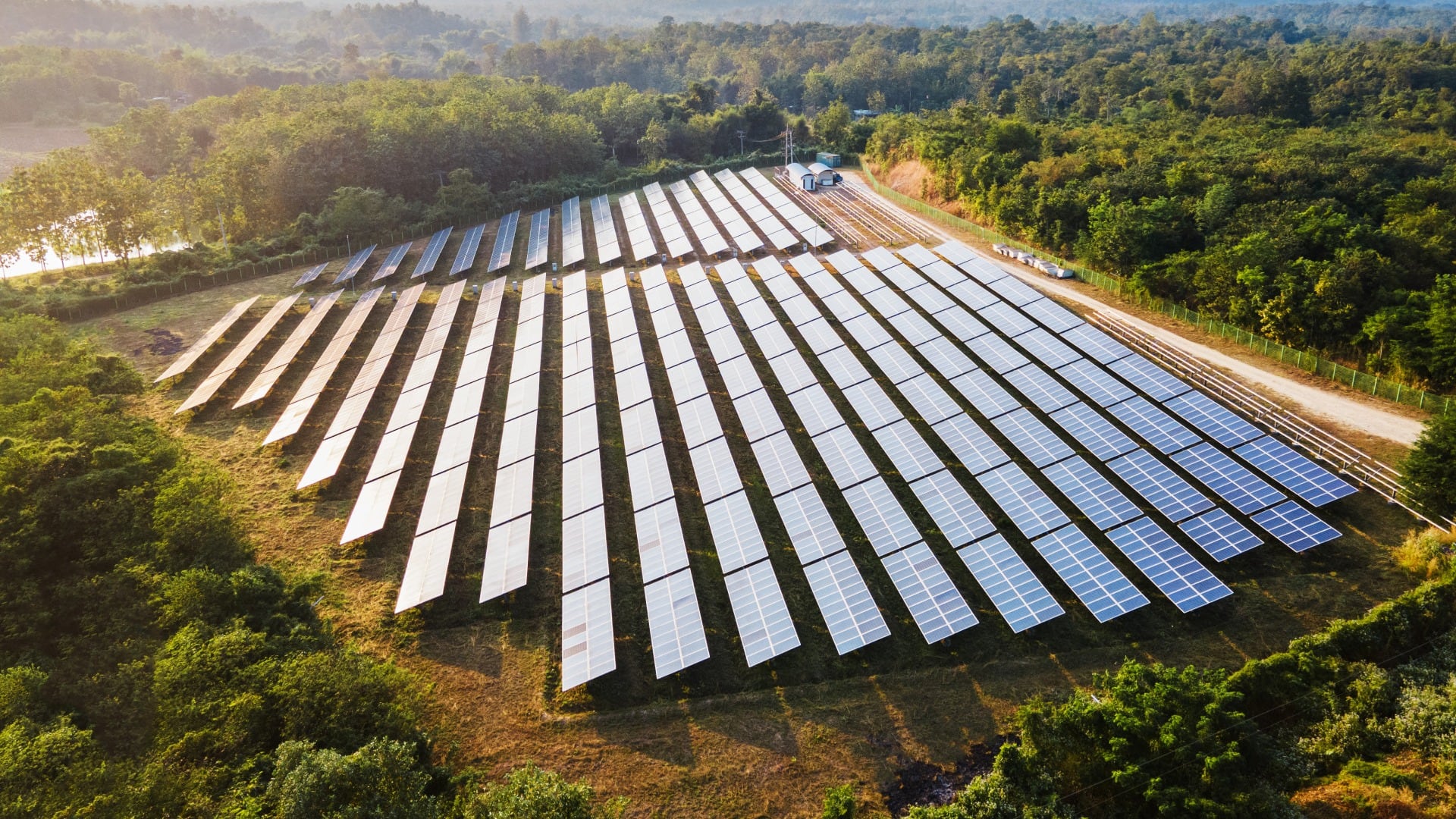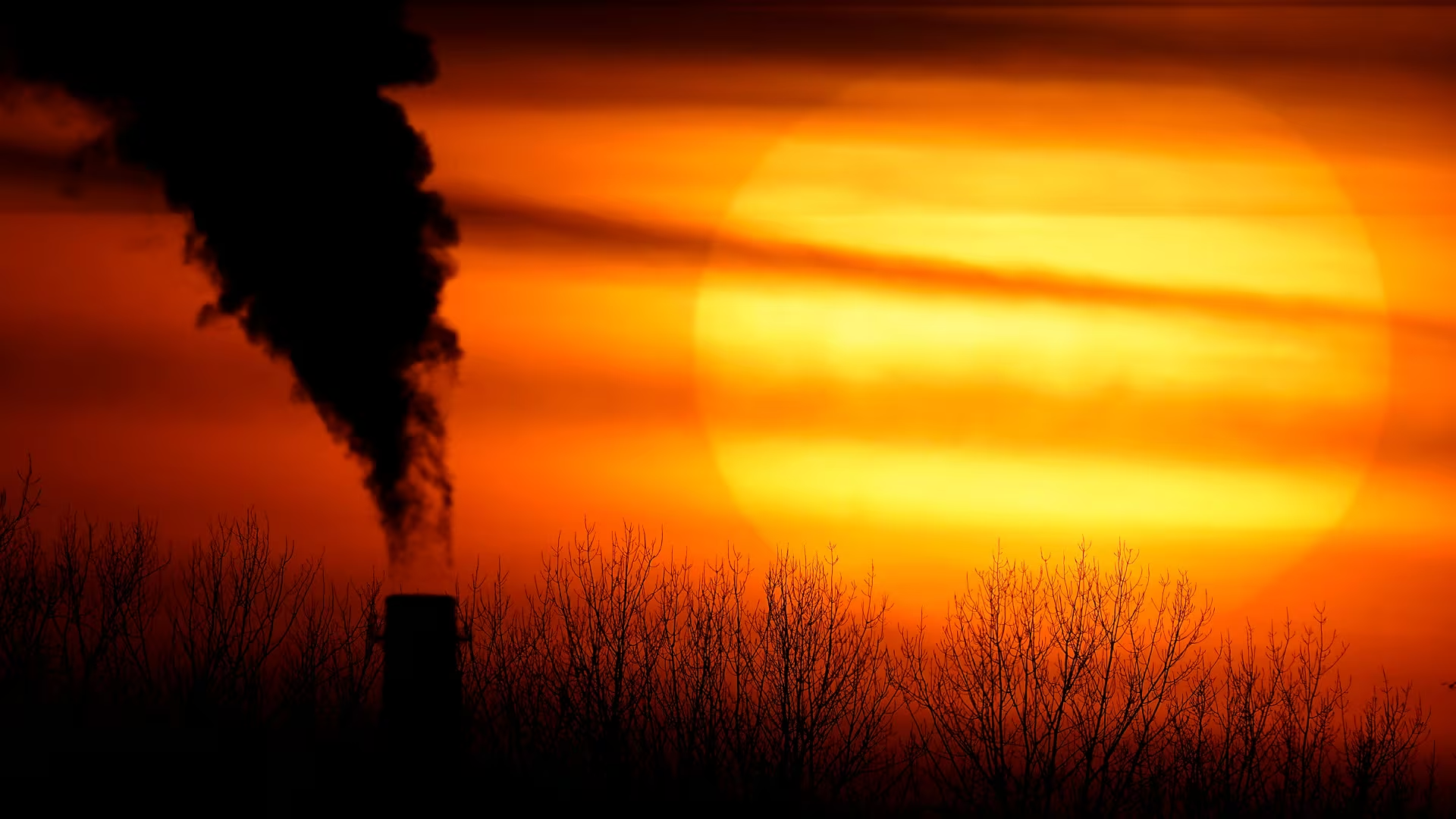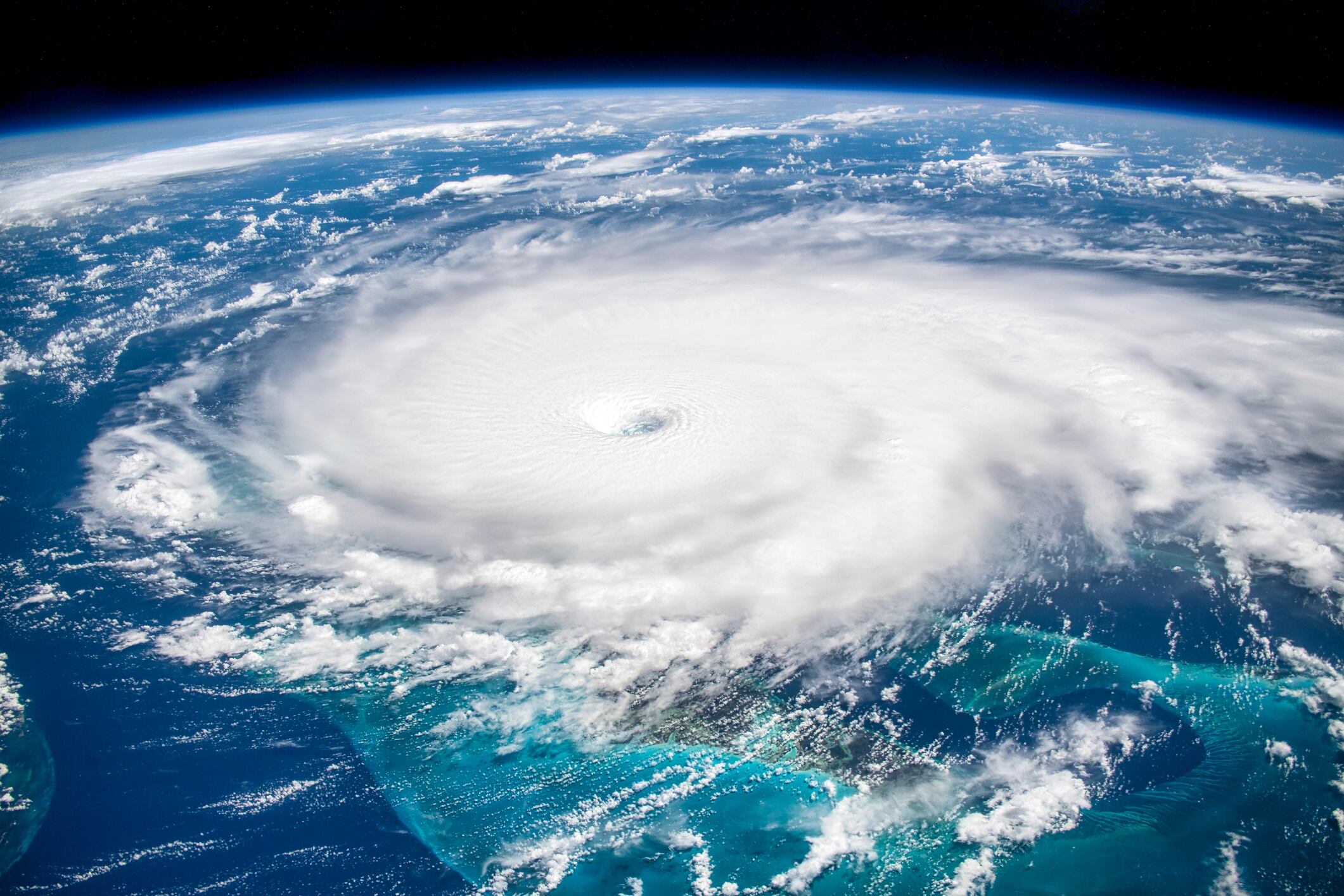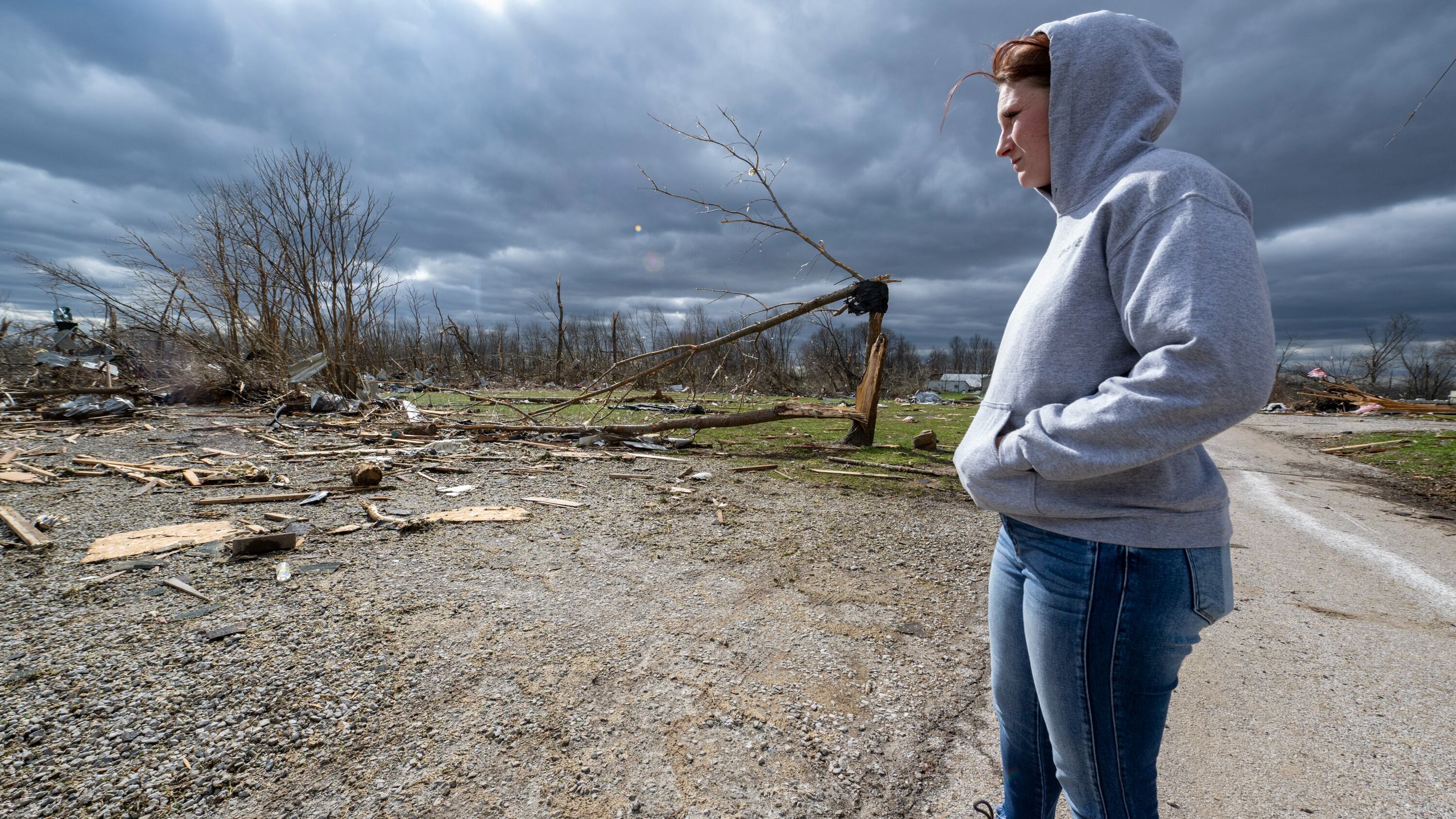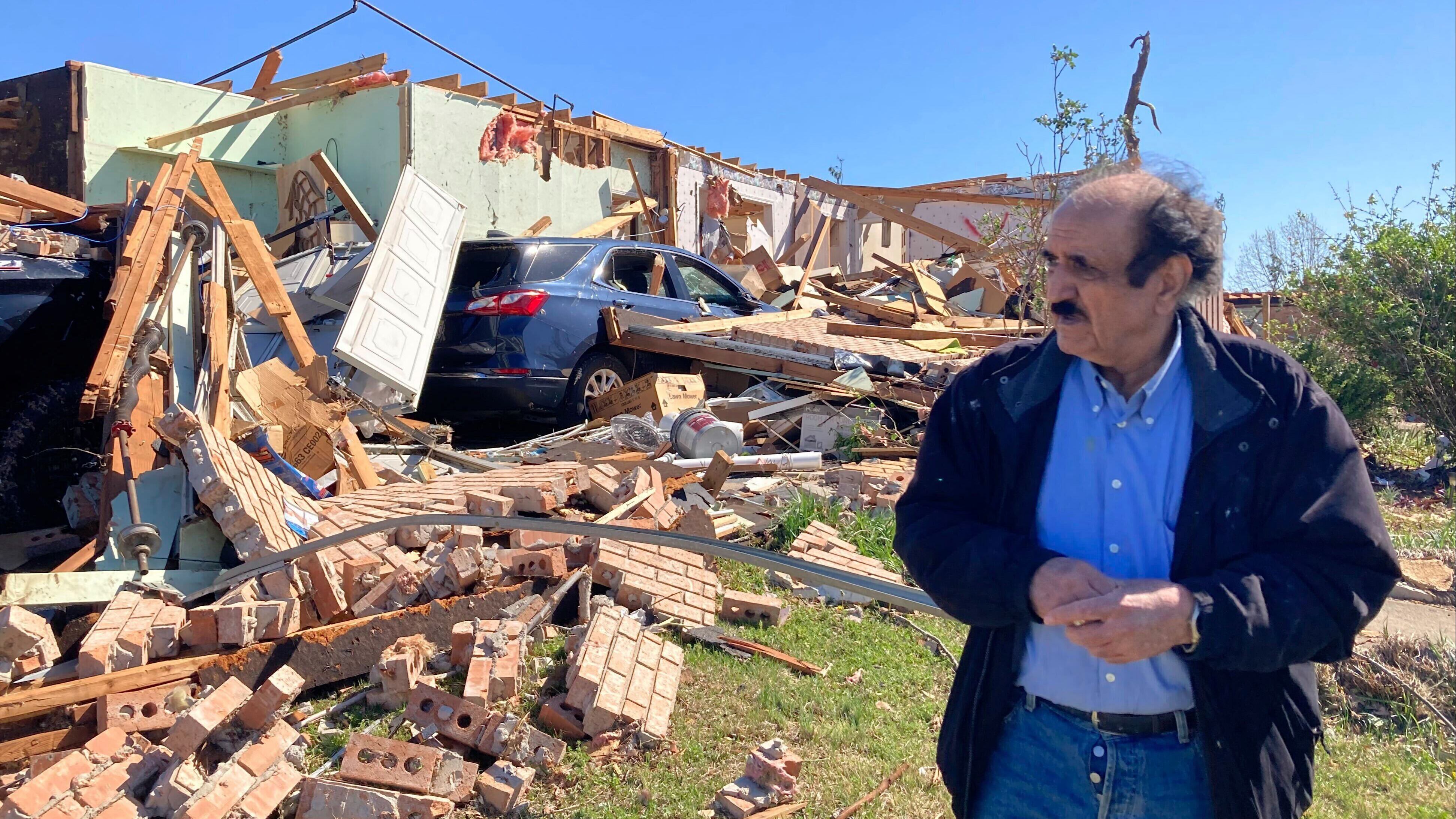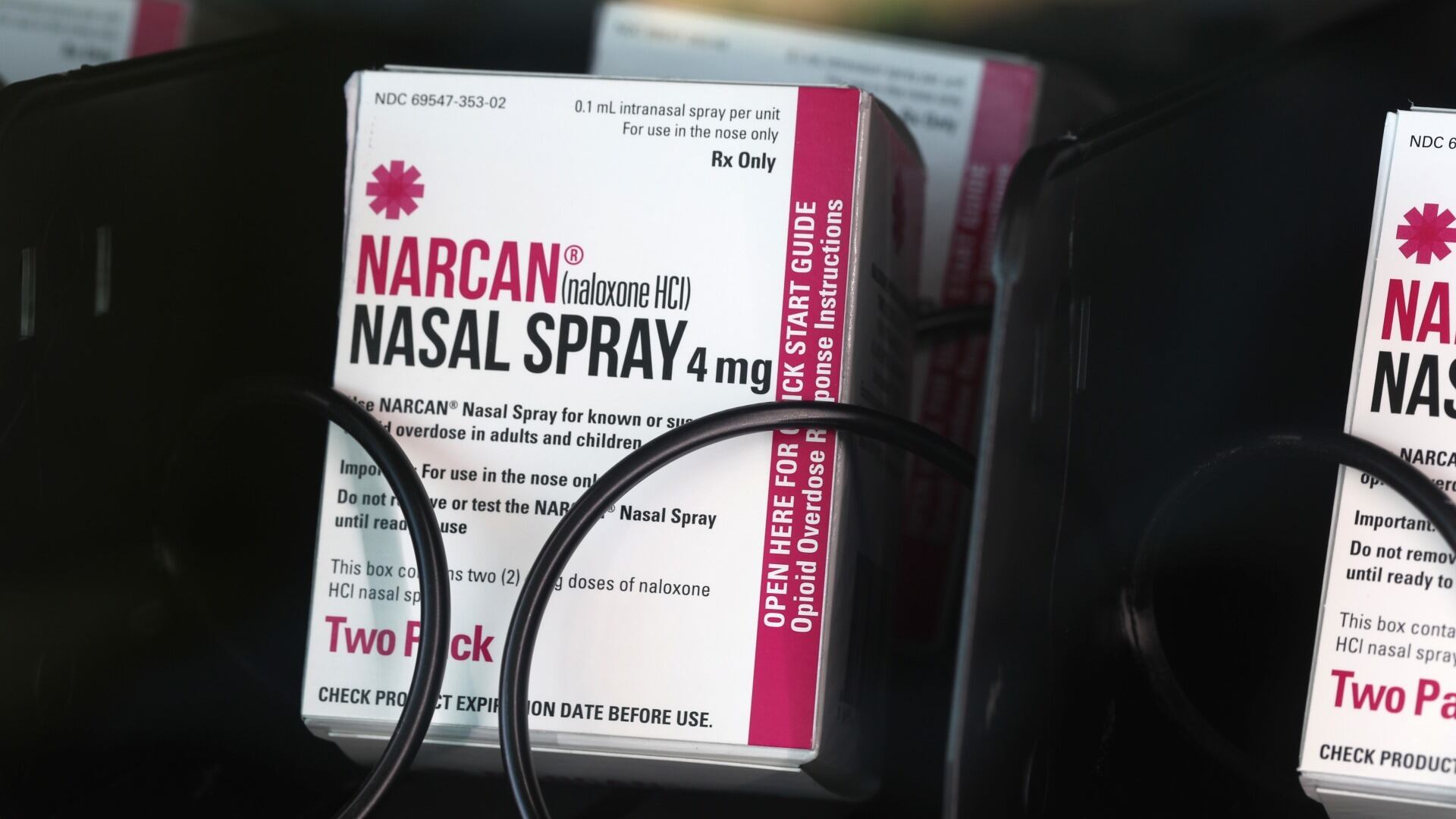In its latest energy outlook, British energy giant BP predicts that fossil fuels as a primary energy source will decline from 80 percent in 2019 to between 55 and 20 percent in 2050, with renewables rising from 10 percent to between 35 and 65 percent.
The forecast comes as BP adjusts its expectations around the green energy transition, due to the new uncertainties brought on by the war in Ukraine.
"Global energy policies and discussions in recent years have been focused on the importance of decarbonizing the energy system and the transition to net zero," wrote BP Chief Economist Spencer Dale in a note. "The events of the past year have served as a reminder to us all that this transition also needs to take account of the security and affordability of energy."
As the report explained, energy security and affordability are competing with sustainability for countries' attention and investment dollars. BP calls this an "energy trilemma."
"Any successful and enduring energy transition needs to address all three elements of the trilemma," Dale wrote.
Yet the war in Ukraine isn't the only development changing BP's outlook. Another is the passing of the Inflation Reduction Act in the U.S., which is set to invest billions into green projects.
The most positive scenarios, in terms of the climate, that BP outlines anticipate four trends:
In all possible cases, the report forecasts that renewables will be adopted “quicker than any previous fuel in history."
The Environmental Protection Agency is tightening rules that limit emissions of mercury and other harmful pollutants from coal-fired power plants.
According to a Washington Post article, 82 percent of people get their weather updates on their phones, and there are more than 10,000 weather apps to choose from. The article breaks down the pros and cons of each app.
Some 9.2 million lead pipes carry water into homes across the U.S., with more in Florida than any other state, according to a new Environmental Protection Agency survey that will dictate how billions of dollars to find and replace those pipes are spent.
At least 32 people are dead after violent storms swept through the South and Midwest.
NASA on Monday named the four astronauts who will fly to the moon by the end of next year, including one woman and three men.
Blame geography for the U.S. getting hit by stronger, costlier, more varied and frequent extreme weather than anywhere on the planet, several experts said. But that's only part of it.
Residents across a wide swath of the U.S. raced Sunday to assess the destruction from fierce storms that spawned possibly dozens of tornadoes from the South and the Midwest into the Northeast.
Good2Know is your daily dose of the stories that could impact your life.
An Australian startup developed a meatball made from the DNA of the extinct woolly mammoth.
The Food and Drug Administration approved the sale of Narcan, the overdose antidote drug, as an over-the-counter medication.
